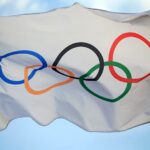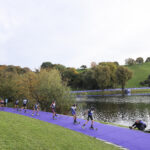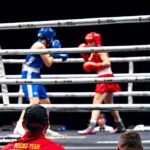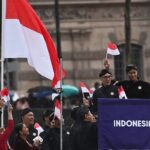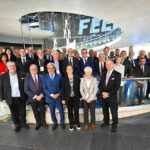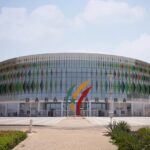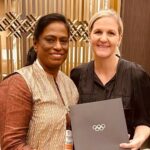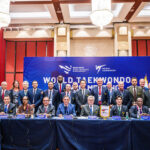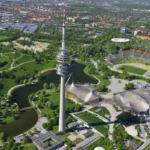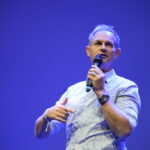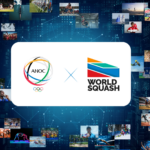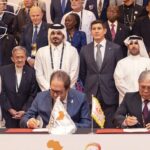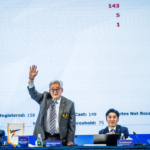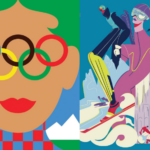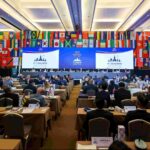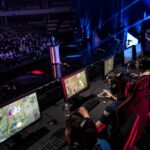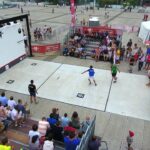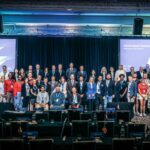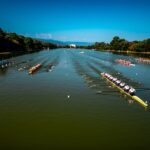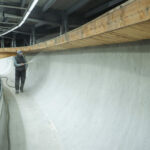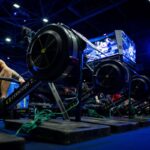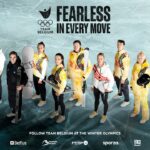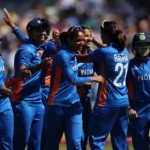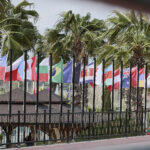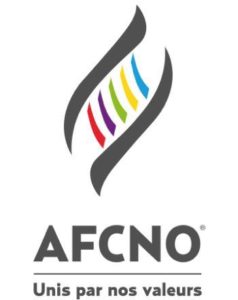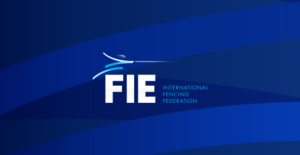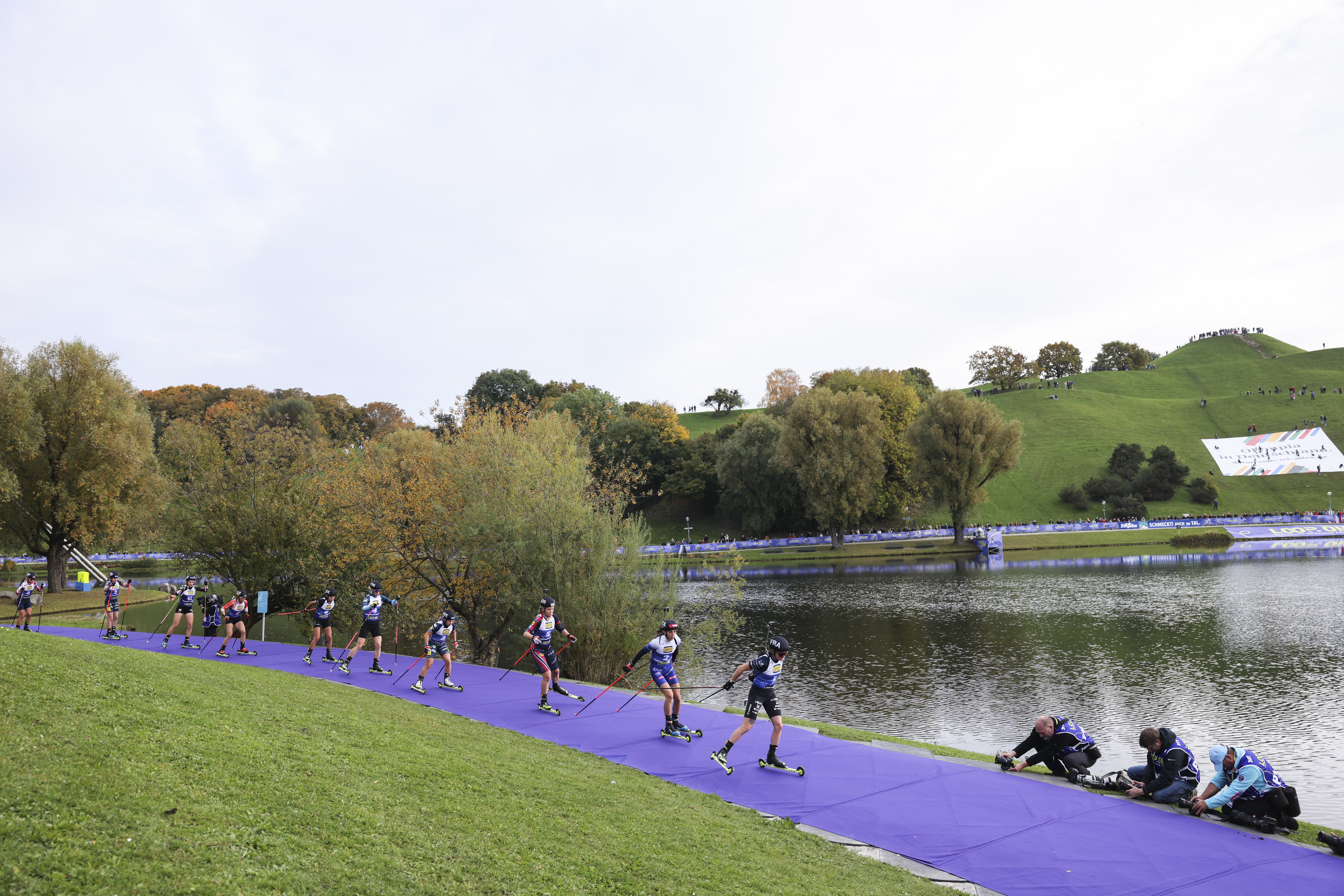
Munich could hardly have dreamed of a better showcase in the midst of its bid to host the Games. Some 18.000 spectators gathered last Sunday in the stands and along the course to watch the world's best biathletes at the inaugural Loop One Festival, held in the heart of the Olympic Park, around the lake. This brand-new event is the International Biathlon Union's (IBU) way of kicking off the season in a setting different from the winter venues. The experiment appears to have been a resounding success.
The stars are there
On Saturday, the public had the opportunity to watch para biathlon events and junior races. On Sunday, the stars of the sport took to the course: 59 men and 57 women competed on a 1,8-kilometer circuit in a Super Sprint format. After four heats, the top three finishers from each heat, along with the three fastest overall times, advanced to the final to battle for the win.
The top athletes played their part: while Dorothea Wierer and Franziska Preuss, initially announced as starters, ultimately withdrew, Lisa Vittozzi, Lou Jeanmonnot, Julia Simon, and Ingrid Tandrevold were all present, as were Sturla Holm Laegreid, Eric Perrot, Emilien Jacquelin, and two-time Olympic champion Quentin Fillon Maillet in the men's competition. All these athletes will meet again in less summery conditions on November 29th in Östersund, Sweden, for the resumption of the World Cup. The biathlon I know is on snow. Events in the city are great for promotion, but they don't really add much. "That's the opinion of Frenchman Antonin Guigonnat. Other regulars on the circuit have joined him in the limited sporting interest of this initiative, but for the IBU, the issue lay elsewhere.
#Biathlon | 🇫🇷 Eric Perrot, forever the first!
- francetvsport (@francetvsport) October 19, 2025
🎯 Despite a score of 17/20, the Frenchman wins the first edition of the Loop One Festival, a summer biathlon event organized by the IBU in Munich! He finishes ahead of Norwegian Isak Leknes Frey and German Justus Strelow. pic.twitter.com/awNwVfo3D4
Attracting new fans and boosting fan bases
Beyond the competitions, the general public was able to participate in introductory sessions. More than 5.000 people tried combining roller skiing and laser shooting in Munich. Spectators also met biathlon legends like Martin Fourcade and Magdalena Neuner, and attended concerts. This was a way to broaden the sport's appeal and reach an urban audience. Mission accomplished. Due to demand, additional tickets were even put on sale in early October.
« By bringing biathlon down from the mountains to the heart of the city, we were able to broaden our audience beyond our usual fansby offering unprecedented access to the stars of our sport and attracting a whole new audience, says IBU Secretary General Max Cobb. I am confident that the inspiring performances of our athletes will have sparked the interest of new fans who will eagerly await the start of the World Cup next month. »
Daniel Boehm, director of sports and competitions at the IBU, furthered the analysis with RMC Sport : « We also want to convince national federations that don't have access to natural snow in winter—there are more than 50 of them, particularly in the Balkans and the Middle East—to take advantage of this opportunity. Rather than investing heavily in training camps in Europe or North America, they could organize regional roller-ski competitions in winter to improve accessibility or recruit young athletes. We need to convince someone who has never seen snow that winter sports exist. Roller skiing can play a bridging role, a piece of the puzzle. "The date is already set for 2026, again in Munich."

